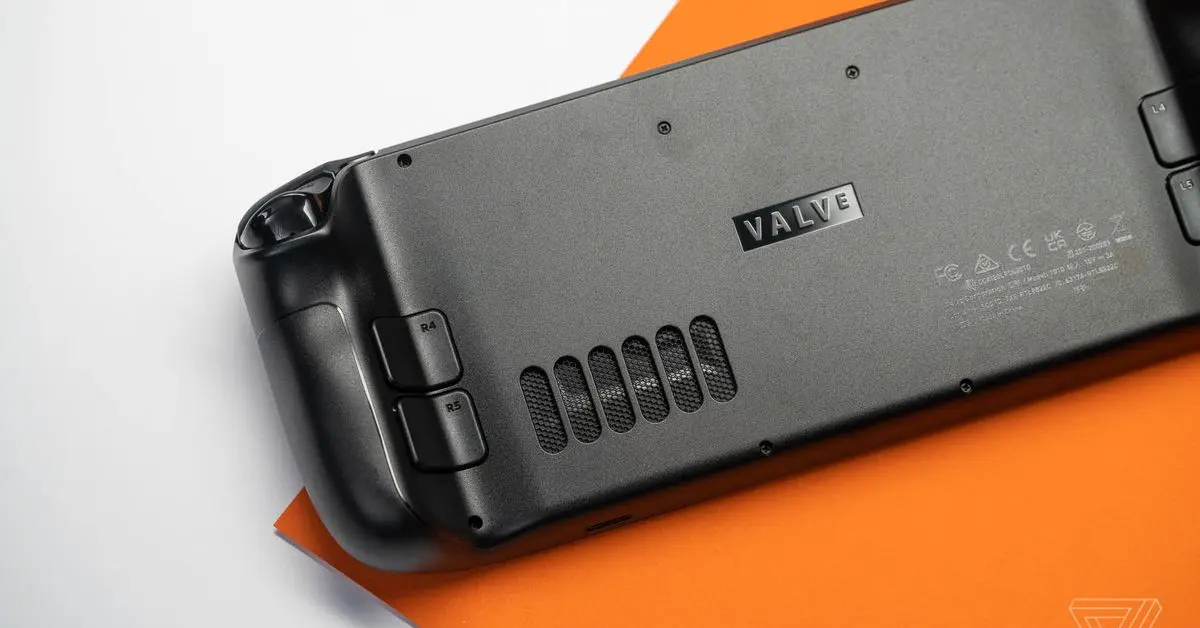Valve: don’t expect a faster Steam Deck ‘in the next couple of years’
Valve: don’t expect a faster Steam Deck ‘in the next couple of years’

www.theverge.com
Valve: don’t expect a faster Steam Deck ‘in the next couple of years’

Valve: don’t expect a faster Steam Deck ‘in the next couple of years’

Valve: don’t expect a faster Steam Deck ‘in the next couple of years’
